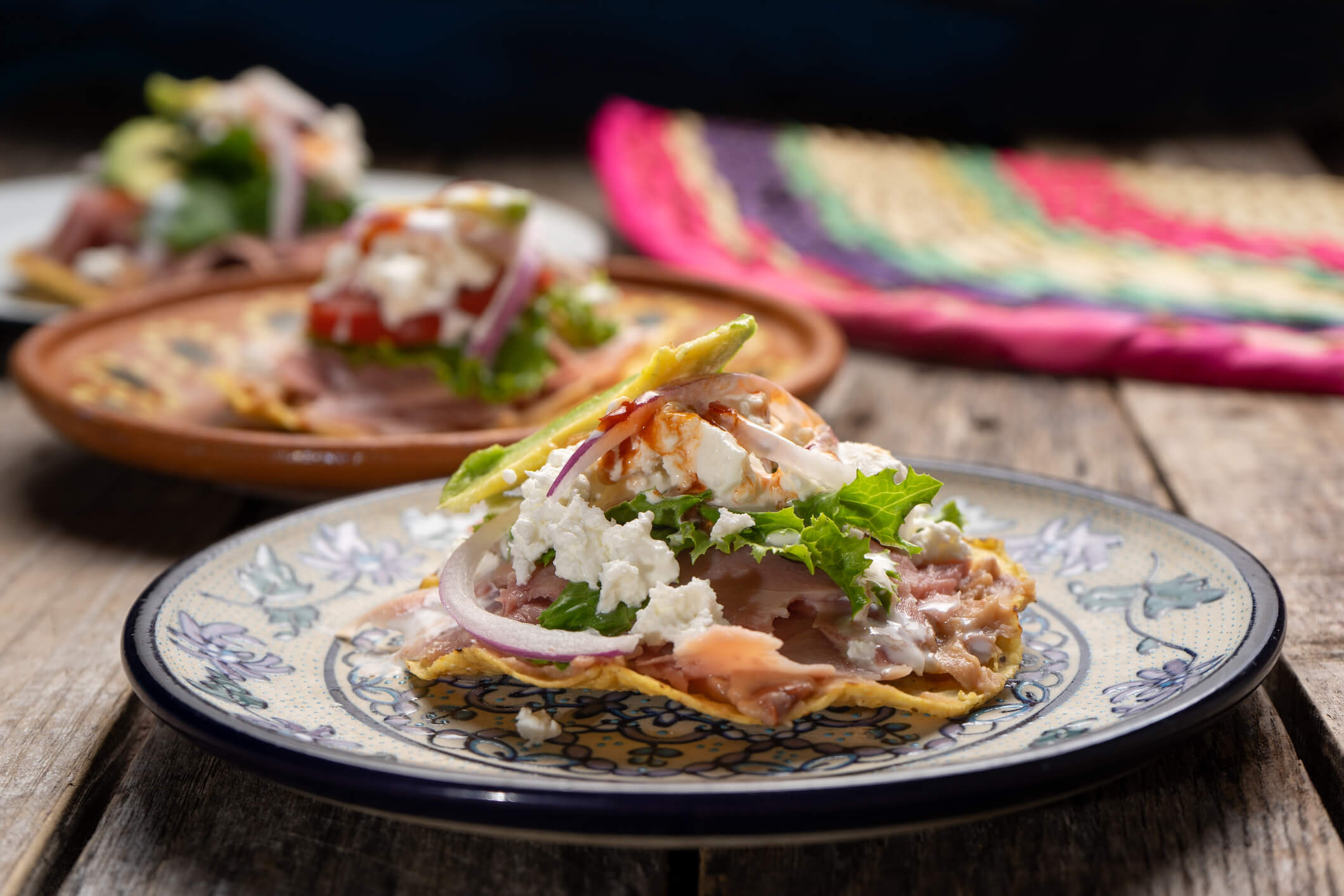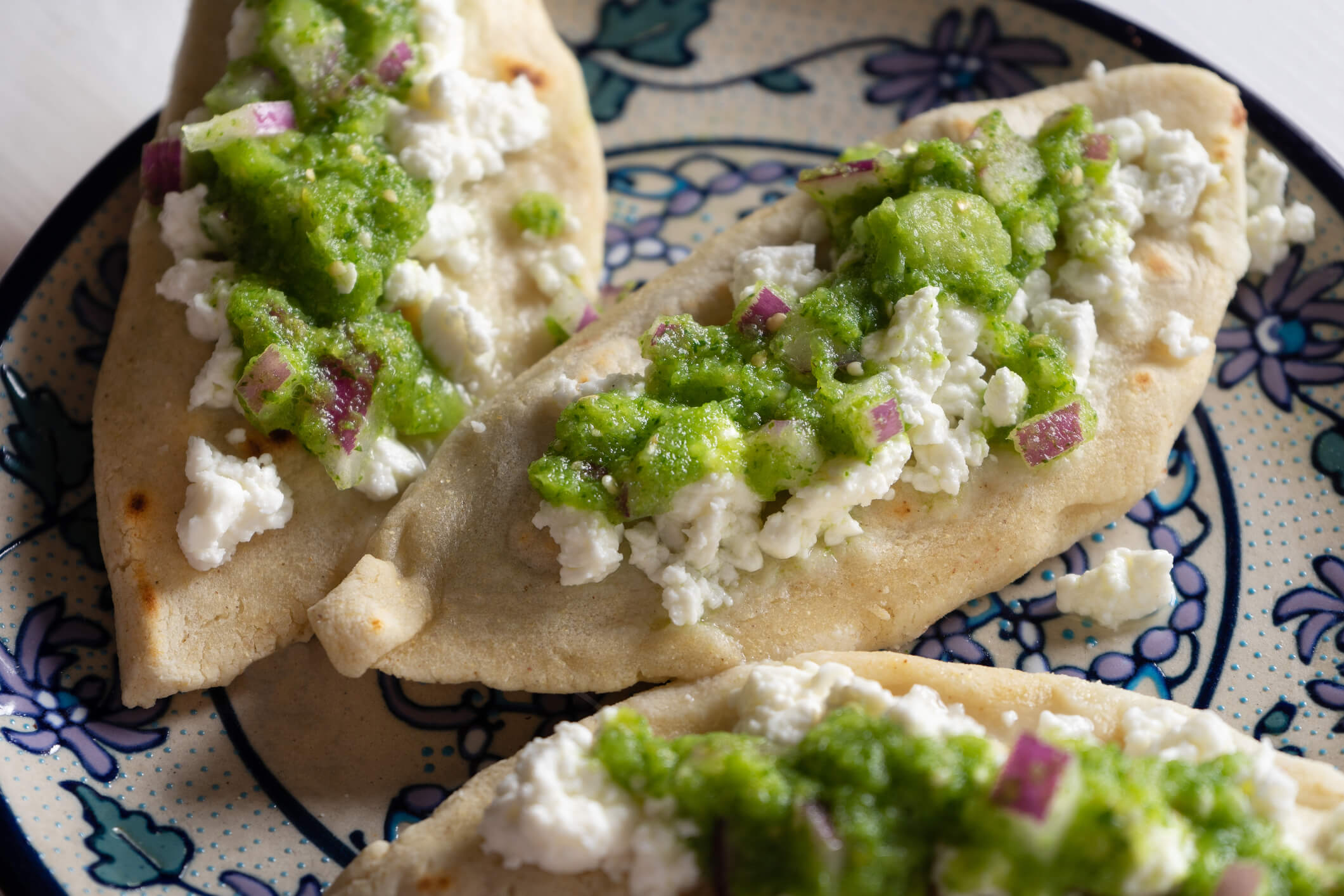Can I Eat Queso Blanco While Pregnant?
Contents
Queso Blanco, one of the many delicious fresh cheeses commonly used in Mexican cuisine is safe to eat during pregnancy but only if you are 100% sure it has been pasteurized and packaged in sanitary conditions.
Officials from the U.S. Food and Drug Administration (FDA) warn that if you are pregnant eating homemade Queso Blanco made with unpasteurized milk can harm you or your unborn child due to the increased risk of contracting Listeriosis.
What is Listeriosis?
Listeriosis is a serious disease caused by eating foods that are contaminated with the Listeria monocytogenes (“Listeria”) bacterium.
This germ is commonly found in soil, water, decaying vegetation, and the intestinal tract of animals. It can also be found in soft cheeses, like Queso Blanco, or other products made from unpasteurized milk.
Other illnesses that have also been linked to eating unpasteurized cheese include tuberculosis, salmonellosis, and brucellosis.
Listeriosis affects people of all races and gender. However, pregnant women are 10 times more likely than other healthy adults to get listeriosis because of the hormonal changes that occur during pregnancy affect the mother’s immune system, which leads to greater susceptibility to listeriosis.
In addition, the CDC reports that pregnant Hispanic women are about 24 times more likely than the general population to get Listeria infection.

Why are Mexican and other Hispanic mothers at risk to contract Listeriosis?
When people immigrate to the United States from their home country, their search for authentic tastes from home may unknowingly put them at risk for listeriosis. The most common cause is the eating of soft cheeses like Queso Blanco which are traditionally made with “raw” milk.
Flavors in foods that are like those from home can be a comfort to a person coming to the United States from another country. But in the case of Mexican-style soft cheeses made from “raw” (unpasteurized) milk, the results can lead to illness and even the loss of an unborn child..
Many types of cheeses can be made in this style, including Queso Blanco, Queso Fresco, Panela and Asadero. These soft, white, moist cheeses are a staple in many Mexican kitchens.
While safe, pasteurized versions of these cheeses can be found in grocery stores, many feel that it tastes much better made the traditional way with unpasteurized milk. However, what they may not realize is that this taste preference puts them at risk.
What kind of cheese is safe for pregnant women?
The general rule of thought is that hard or aged cheeses are safer for pregnant women to consume as the reduced moisture and higher salt content make for a less hospitable breeding ground for germs and bacteria to form and multiply. In short, the dryer the cheese, the safer it is considered.
Pregnant women should not eat soft cheeses, such as Queso Blanco, while pregnant, unless they are made with pasteurized milk, to lower the risk of getting an infection from Listeria or other foodborne germs.
The good news is that safe, pasteurized versions of Queso Blanco can be found in supermarkets. Because most commercially made cheeses are made with pasteurized milk, pregnant women can feel fairly certain that the cheese they are eating is safe for their unborn baby.

Where can I find pasteurized Queso Blanco?
It is strongly recommended that if you are going to consume fresh cheese like Queso Blanco while pregnant, the cheese should be purchased commercially packaged, from a reputable producer and distributed by major grocery chains. Fortunately, Queso Blanco is relatively easy to find in most supermarkets.
If you are pregnant, do not eat any fresh cheeses that are “homemade”, “artisanal” or come from small family farms as the milk used in the process may not have been pasteurized.
Federal regulations in the US require cheesemakers to clearly label the ingredients in their cheese. In grocery stores and cheese shops, imported cheese is also more likely to be unpasteurized so look at the labels carefully. Pregnant women should only eat cheese that is labeled “made from pasteurized milk.”
However, consumers should be aware that cheeses have caused Listeria infection because they became contaminated AFTER the pasteurization process!
There is always going to be a certain level of risk involved and therefore it is not recommended to eat Queso Blanco while pregnant unless you are 100% certain that it has been pasteurized.
